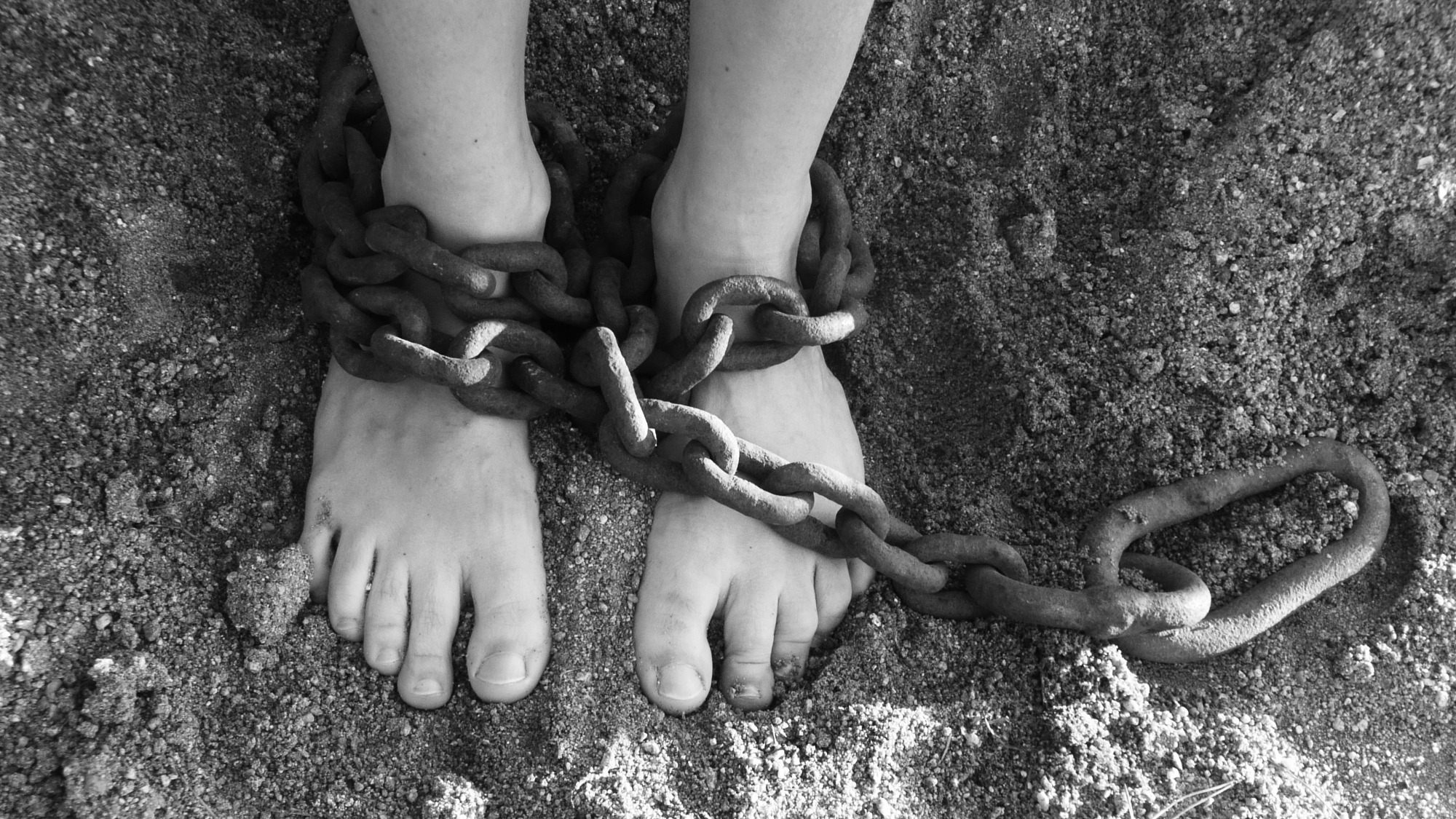New Year, New You?
A common practice at the turn of a new year is New Year’s Resolutions. A new year is such a prominent marker for the passage of time and for major life changes. In some ways, it can feel like the start of a new job or school year or a new home; it’s a chance to be different, to be new, to be whoever we want to be. We can actually ask ourselves, "Who do I want to be?" We can resolve, "I’m going to be better, to be more fit, to be more focused and organized…" We open ourselves to the world of possibilities.
For many people, however, these questions about what we could be and how we could be "better" or different are just the face of a deeper voice. Too often, "being better" is the phrase we use when we feel we're not already good enough. Many New Year's Resolutions are motivated by dissatisfaction or by our beliefs that others expect more from us.
I'm reminded of the rich man who went to Jesus in Luke 18. He asked Jesus, "What must I do to inherit eternal life?" Jesus instructed him to obey the commandments, and the man replied that he had been keeping the commandments since he was a child. This exchange implies that the rich man didn't feel adequate. He was convinced that he hadn't done enough to inherit eternal life.
Jesus tells him that there's one more thing for him to do: sell everything, give the money to the poor, and follow Jesus. A common thing is to point to this passage and say, "See: the man was right. He wasn't good enough,” but Jesus points out to his disciples that this last task is impossible. It would be easier for a camel to pass through the eye of a needle than for the rich man to inherit eternal life.
This is a critical point to understand, especially as we begin a new year: what's "required" for a person to be "good enough" isn't possible by our own strength. Again, Jesus says as much: what's impossible for people is possible for God.
It’s tempting to point at the rich man and judge him or pity him for his inability to follow through. "He was so close," people say. "If only he'd had the resolve to take that final step," but Jesus’s life says otherwise. He brought good news to the poor: captives will be released, blind will recover sight, the oppressed will go free, because this is the year of the Lord’s favor! (Luke 4) Jesus's life says that regardless of the rich man's abilities, God came to set him free from those things that held him captive. God takes the step and makes the way that was impossible for him.
Right after the story of the rich man, Jesus heals a blind beggar. After that, he approaches and eats with Zacchaeus. Just as in Luke 4, Jesus goes to where people are in need and heals those who can't heal themselves. Even Zacchaeus's decision to give away his wealth is a response to Jesus; he gives because Jesus accepted him and loved him, not the other way around.
There's a terribly misleading concept that a lot of Christians are living under: if you're not good enough, God will be distant from you, so be better. Everything revealed in Jesus is the opposite of that. Jesus turns on its head our entire understanding of our relationship with God; God isn't distant from us. All of creation (including you) has been made through God and for God, and in God all things hold together, and God works all of those things for good.
You may be wondering, "What, then? Should I not try to better myself?" Of course we should try to better ourselves, but we must put first things first. Our "self-improvement" isn't the first step to being "adequate." Whether it's being "good enough" as a spouse, a parent, a child, a leader, a follower, a supporter, a disciple, a teacher, a student, a citizen, or anything else — being "good enough" begins with understanding that God loves you first and loves you now. You are good enough to be loved by God.
Do you want to set New Year's Resolutions? Do you want to better yourself by setting and meeting new goals in 2021? Good, but do it because it's what's next. Do it because love lends itself to striving for others, not because anyone expects you to. Set goals in line with the knowledge that the Spirit is pruning you, refining you, transforming you. Set goals that are born of self-love instead of self-loathing. Not sure what I mean? Take another look at Zacchaeus.
Jesus goes to his house and eats with him. Jesus loves him and accepts him by restoring his dignity, by treating him like he's not a disappointment. Zacchaeus receives from Jesus the freedom to be different. His response to Jesus's love and acceptance is one of self-improvement. "Look, Lord! I’m going to be better; I'm going to give back and live differently," because that's what freedom does. True freedom empowers people to love themselves, which empowers people to love others. Remember, the commandment is to love our neighbors as ourselves.
You must first be free to love yourself as you are, and God is inviting you into that freedom.
So, is it a new year and a new you? No, it's the same you. You're the same at the beginning of 2021 as you were at the end of 2020. You're not suddenly different just because the calendar rolls over. Don't wait until you are different to start loving yourself and accepting the love of God. God loved you in 2020, and God will continue to love you in 2021. Be free to love yourself right now, and then see what goals are illuminated by that love.
Photo by Danil Aksenov on Unsplash




Comments
Post a Comment